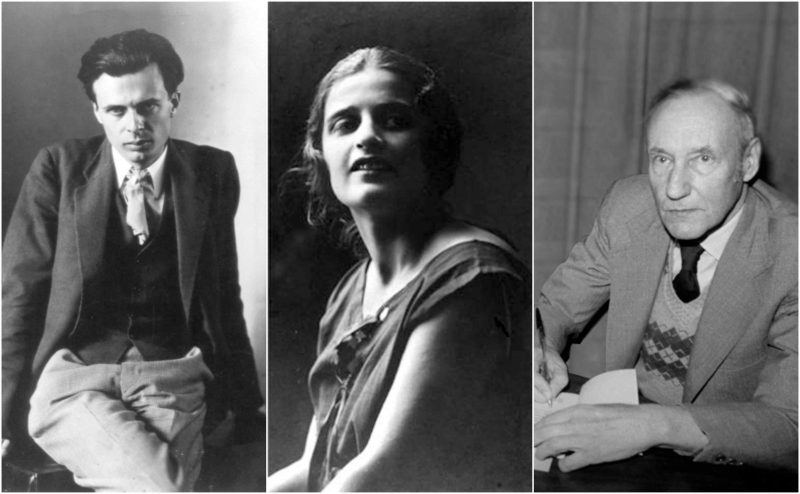Going through your bookshelf and admiring your favorite authors, it is inevitable that you wonder how they came up with such amazing ideas, or how they thought of that perfect combination of words to make a perfect sentence. As it turns out, a lot of them weren’t sober when they created their great works. In fact, they weren’t sober through most of their lives. Read about few authors and their drug of choice, the deepest source of their inspiration.
Jean Cocteau, opium
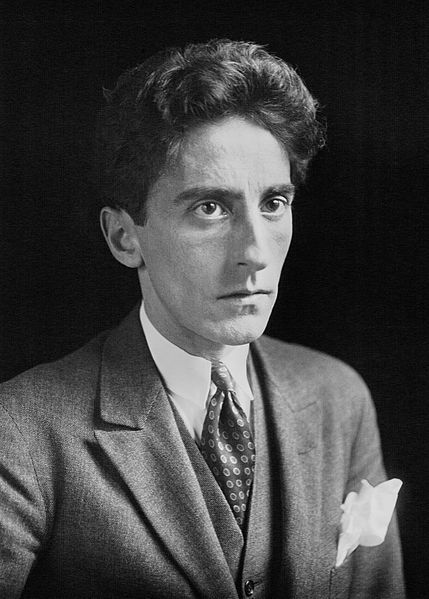
He wrote Opium, Diary of an Addict to document his recovery by way of day-to-day journal entries. He said: ‘To smoke opium is to get out of the train while it is still moving.”
over a 50-year career, he wrote poetry, novels, and plays; created illustrations, paintings and other art objects; and directed influential films, including The Beauty and the Beast and Orpheus. He died on October 11, 1963.
Aldous Huxley, mescaline
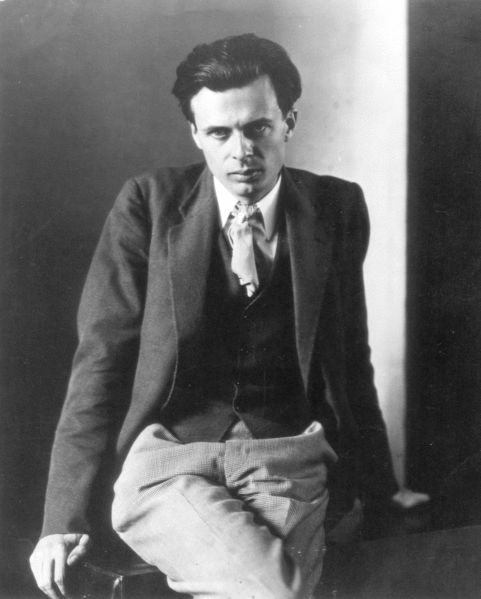
In The Doors of Perception, his famous 1954 book, which inspired Jim Morrison’s choice of band name, Huxley recounts at length his experience on the drug mescaline. Found naturally in the Peyote cactus, mescaline induces hallucinations and it is these Huxley found opened his mind and inspired him to write his book. “Experience is not what happens to a man; it is what a man does with what happens to him”, so you better do something smart if you buy a drug ticket to mind-travel.
Ayn Rand, amphetamine
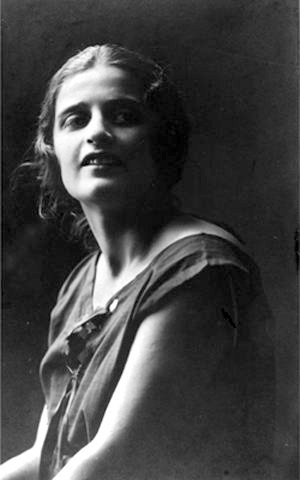
During the time Ayn Rand was writing The Fountainhead, she was prescribed an amphetamine as an anti-fatigue drug. She continued to take amphetamines from then out for another thirty years. “The question isn’t who is going to let me; it’s who is going to stop me” – and objectively seen it’s better that no one did.
William Burroughs, heroin
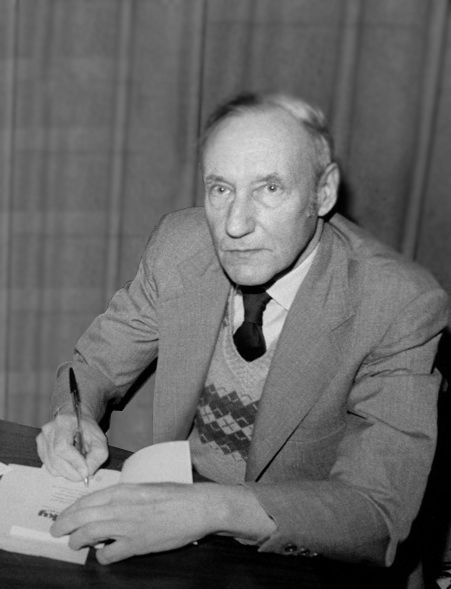
The man who wrote the masterpiece Naked Lunch and who shot his wife had one, eternal love – opiates. He was the most elegant heroin addict whose pure relationship with this drug permitted him to live 83 years because “Nothing is true, everything is permitted”. He was hooked on heroin for much of his adult life and was, in fact, on methadone until the day he died.
Jack Kerouac, benzedrine
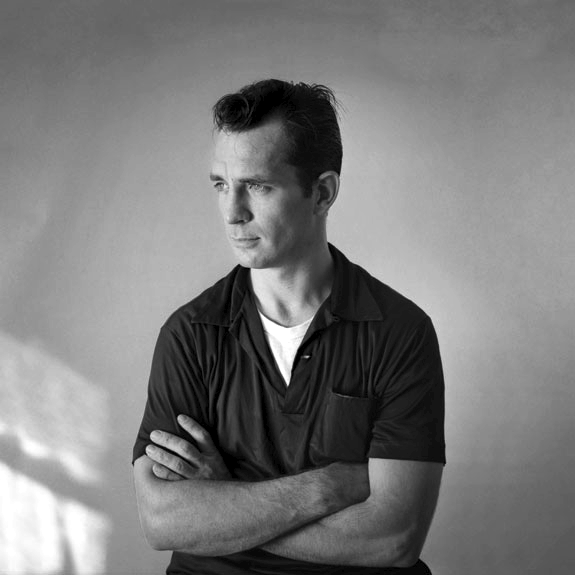
Some say that Jack Kerouac was the James Dean of the literary world. Like his peers, Kerouac spent his life trying to find comfort in sex, drugs, and literature. He became addicted to Benzedrine, a euphoric stimulant and hence he “had nothing to offer, except his own confusion”. He would wander the streets of New York, high on Benzedrine, in search of jazz joints where Thelonius Monk and Charlie Parker often played.
Philip K Dick, speed
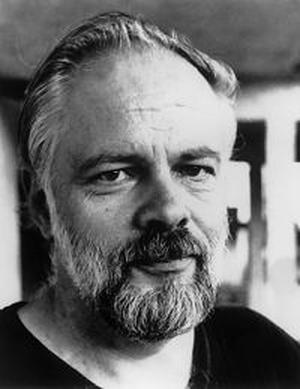
“Reality is that which, when you stop believing in it, doesn’t go away” – said the author who was writing 60 pages per day. The great sci-fi writer’s intensive use of speed and hallucinogens inspired much of his work. One particular drug, Semoxydrine – similar to speed – fuelled him in the manic production of 11 sci-fi novels, some essays and short stories all in the space of one year between 1963 and 1964. Well, that’s speed.
Hunter S Thompson, everything
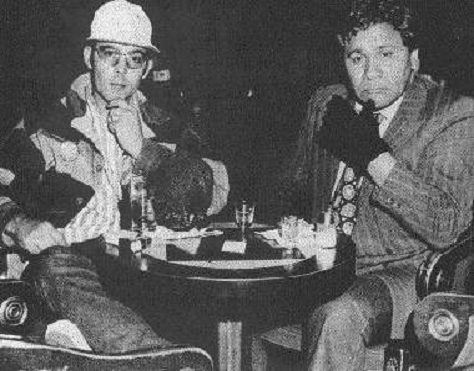
Thompson, pictured right, wrote the infamous 1972 book Fear and Loathing in Las Vegas, about a road-trip he had taken in 1971. His alter-ego narrator sets out with ‘two bags of grass, 75 pellets of mescaline, five sheets of high-powered blotter acid, a salt shaker half-full of cocaine, and a whole galaxy of multi-colored uppers, downers, screamers, laughers’. “Buy the ticket, take the ride.”
Stephen King, cocaine
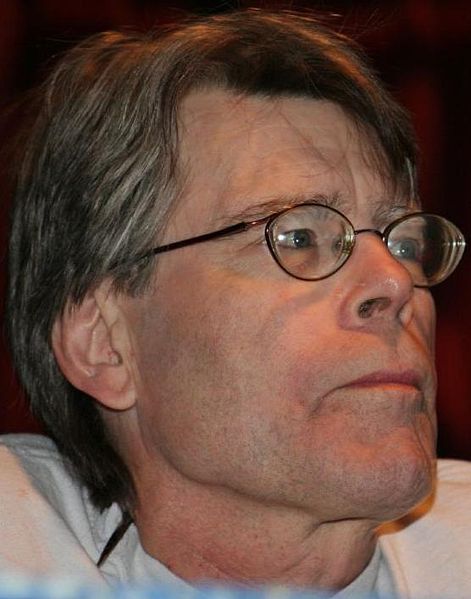
A name you hear probably about as commonly as you hear your currents president’s name, famous author Stephen King wrote much of his best works fueled up on cocaine and alcohol. Known to smoke two packs of cigarettes a day too, King once called cocaine his “on-switch”. After getting sober, King stated he had writers block. “Monsters are real, and ghosts are real too. They live inside us, and sometimes, they win” and probably sobriety rises your chances of killing them…
